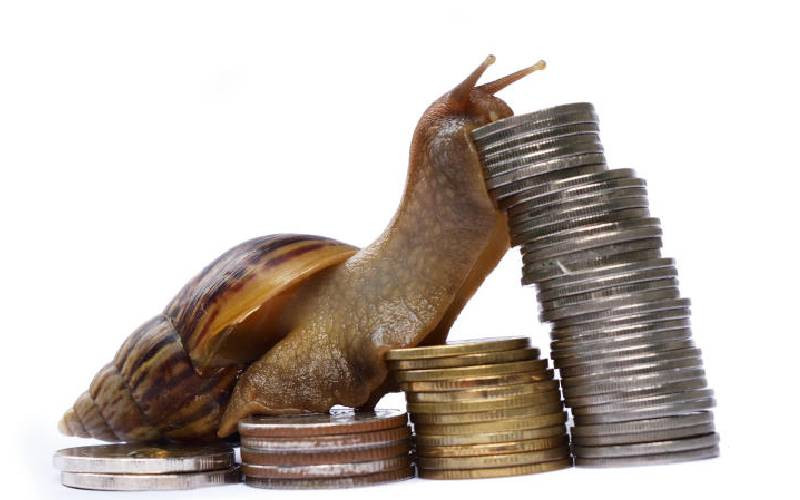×
The Standard e-Paper
Stay Informed, Even Offline

The Kenyan economy grew at a slower pace last year, weighed down by the prolonged drought that has hit the country over the last three years and a higher cost of petroleum imports.
The drought resulted in agriculture, the economy's largest sector, posting negative growth for a second consecutive year. Kenya's real gross domestic product (GDP) - which is the value of all goods and services that Kenyans produced - grew by 4.8 per in 2022.